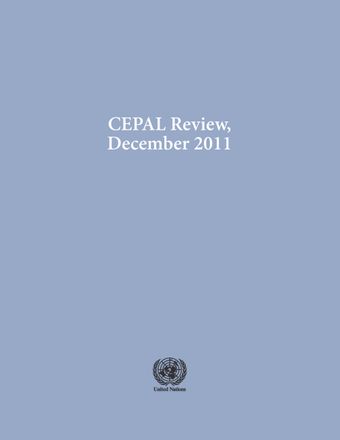-
Trinidad and Tobago: Inter-industry wage differentials
- Source: CEPAL Review, Volume 2011, Issue 105, Dec 2011, p. 53 - 71
- Spanish
-
- 31 Dec 2011
Abstract
Conventional labour economics argues that the typical firm is a wage taker and that wages are determined by the interaction of labour supply and the aggregate demand for labour. Under these conditions, markets clear, and non-frictional unemployment cannot feature in the long run. The persistently high levels of unemployment in the Caribbean present a significant challenge to this critical prediction of neoclassical economics. Efficiency wage theories argue that wages are endogenously determined by firms, which pick wage levels that minimize the average per unit cost of “efficiency labour”. Among the important conclusions of these theories is the possibility of persistent non-frictional unemployment. This paper presents evidence suggesting the existence of long-term inter-industry wage differentials in Trinidad and Tobago. This is a possible indication of the applicability of efficiency wage theories in explaining labour market phenomena in the twin-island Republic.





